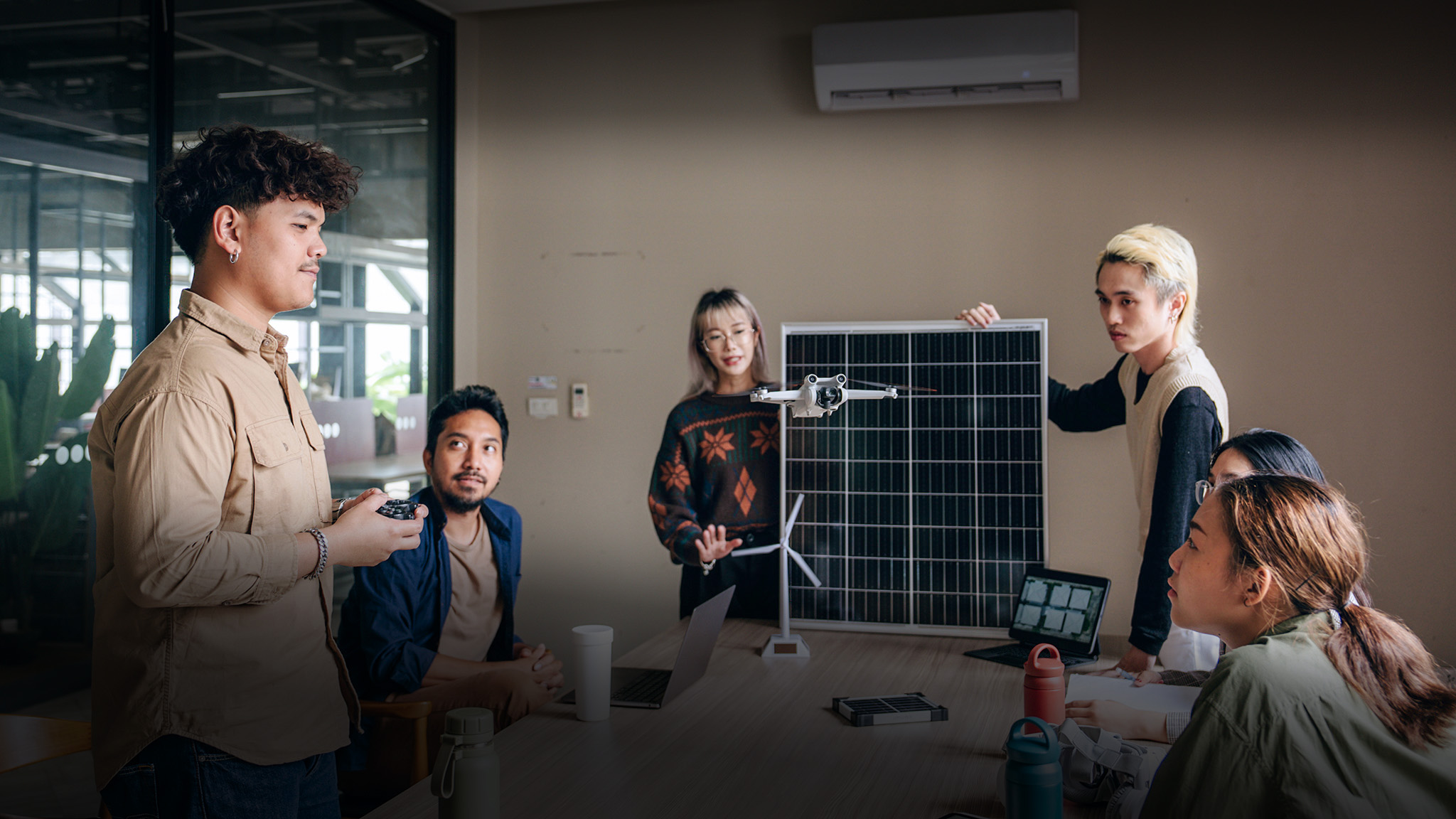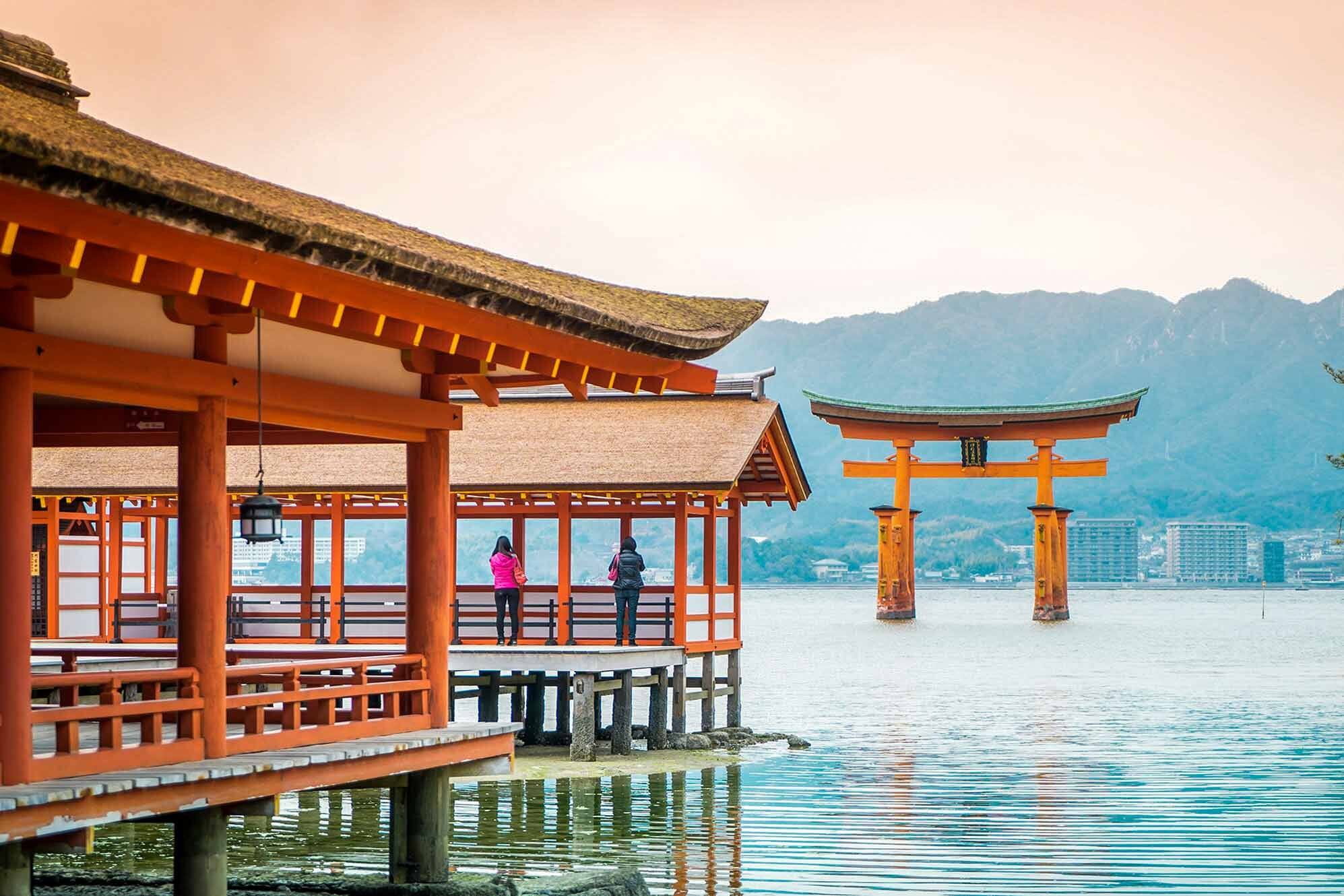

Why the power of global partnerships leads to local change
Post-G7 Hiroshima Summit in 2023, world leaders have reaffirmed their solidarity in addressing global challenges; A stabilized Indo-Pacific and an empowered and prosperous Global South.
At the G7 Summit in Hiroshima, Japan emerged with a core objective – to work with the international community toward cooperation instead of division and confrontation. Guided by the pillars of upholding the free and open international order based on the rule of law, and strengthening engagement with international partners beyond the G7, Japan led discussions on the Indo-Pacific, the Global South, and Ukraine.
“The world is now faced with complex crises including the climate crisis and pandemics, in addition to Russian aggression against Ukraine, and it is true that emerging and developing countries and people in vulnerable circumstances in the so-called ‘Global South’ have been significantly affected by these crises,” Prime Minister Fumio Kishida said in his remarks delivered at the Hiroshima Peace Memorial Park in closing the Summit.
He also said that to avoid appearing to promise a slogan without substance.
“We need to listen to the voices of these countries and people and show our commitment to cooperation on a wide range of urgent issues while respecting human dignity and human security through a ‘people-oriented’ approach.”

Source: Cabinet Public Affairs Office of Japan
Cultivating a Regional Community
Issues of global security were high on the agenda at the G7 Summit this year which was set against the symbolic backdrop of Hiroshima. During the three-day summit, G7 members issued the Leaders’ Communiqué pledging their commitment and support for a free and open Indo-Pacific.
To this end the G7 is seeking greater cooperation with the region, particularly in the areas of infrastructure development, as part of a drive to invest in countries with economic promise, and in the recognition of the fragility of existing supply chains. Part of this will fall under the Partnership for Global Infrastructure and Investment (PGII), a shared commitment to advance public and private investments in sustainable, inclusive, resilient, and quality infrastructure. Through this partnership, the G7 aims to mobilize up to $600 billion by 2027 in order to narrow the infrastructure investment gap in partner countries including nations within the Indo-Pacific region.

Source: Cabinet Public Affairs Office of Japan
Beyond conventional infrastructure, nations within the Indo-Pacific region are also seeking support in other development areas including high-speed internet, communication networks, and education.
Japan is taking action on several plans. Just weeks before the Summit, Prime Minister Kishida traveled to New Delhi and laid out Japan’s new plan for a Free and Open Indo-Pacific (FOIP). The plan set forth the “four pillars of cooperation for FOIP (Principles for Peace and Rules for Prosperity, Addressing Challenges in an Indo-Pacific Way, Multi-layered Connectivity and Extending Efforts for Security and Safe Use of the Sea to Air)”. It includes strengthened multi-layered connectivity through development, trade, and people-to-people exchanges through various ways, such as Japan’s new contribution of $100 million to the JapanーASEAN Integration Fund. In order to promote cooperation for FOIP, Japan pledged to mobilize a total of more than $75 billion in public and private funds across the region by 2030.
Engaging with the Global South
Looking beyond the Indo-Pacific, this year’s summit was attended by a diverse set of invited countries, namely, Australia, Brazil, the Comoros, and the Cook Islands, India, Indonesia, the Republic of Korea, and Vietnam. Bringing in countries beyond the G7 is seen as a sign that the bloc is looking to work more closely with its international partners, including the Global South.
The challenges facing the international community, such as food, development, health, climate change and energy, and the environment, cannot be addressed by the G7 alone, but must be addressed in cooperation with international partners. The Hiroshima Summit became the ideal stage from which frank discussions on how to respond to such challenges and shared their perceptions, including actions that should be taken in the future.

Source: Cabinet Public Affairs Office of Japan
Building on the outcomes at the Summit, Japan and the G7 have been continuing to strengthen its engagement with the Global South through its efforts to carefully respond to the region’s needs through a proactive and people-centered approach.
For example, global food security is a priority issue both for the G7 and G20, which focused on this issue at its recent Summit in New Delhi, India. In Hiroshima, the G7 and invited countries, including India, jointly issued the Hiroshima Statement of Action on Resilient Global Food Security, agreeing to work together to address the global food crisis and to take concrete actions, including through the G20’s initiative, to build resilient, sustainable, and inclusive agriculture and food system. At the G20 New Delhi Summit in September, the leaders showed their commitment to enhance global food security and nutrition for all, and to build more sustainable and climate-resilient agriculture and food systems.

Source: Cabinet Public Affairs Office of Japan

Source: Cabinet Public Affairs Office of Japan
Embracing an Inclusive and Resilient Future
Inclusivity and gender equality are an important theme at the G7 Summit, and this year was no different with the G7 members restating the G7’s role in championing equal rights for all and safeguarding the rights of women and girls.
In the G7 Hiroshima communique, the Leaders stated that achieving gender equality and the empowerment of all women and girls is fundamental for a resilient, fair, and prosperous society. They would endeavor to work with all segments of society to ensure full, equal and meaningful participation of women and girls in all their diversity as well as LGBTQIA+ persons in politics, economics, education and all other spheres of society.

Health is also an important aspect for an inclusive and resilient future. This year, the G7 Leaders committed to enhancing equitable access to medical countermeasures (MCM), including by addressing issues relating to manufacturing and delivery of medical equipment and medication.
To that end, Leaders announced the G7 Hiroshima Vision for Equitable Access to MCMs and launched the “MCM Delivery Partnership for equitable access (MCDP)”. In the G20 New Delhi Summit in September, G20 Leaders also confirmed to facilitate equitable access to MCM and support efforts to strengthen its last-mile delivery.
Digital inclusiveness is also an area of growing importance. In the G7 Leaders’ communique, they recognized the importance of procedures that advance transparency, openness, fair processes, impartiality, privacy, and inclusiveness to promote responsible AI.
A key discussion point was generative AI, and the launch of the G7 Hiroshima AI process. Other key topics included the digital inclusion, in terms of gender equality, and the use of data and technology in smart cities and urban development.

The Hope that Endures
Hanging over hopes of addressing the myriad crises and guaranteeing stability is the test of peace and order posed by Russia’s aggression against Ukraine. Such issues will require continued cooperation and support by the global community, and the ongoing aggression in Ukraine will continue to be a key focus for the G7.
“As G7 Leaders, we will strive to bring to Ukraine a just and lasting peace as soon as possible,” Prime Minister Kishida said in Hiroshima.

Source: Cabinet Public Affairs Office of Japan
Under Japan’s Presidency, the G7 is actively working to address worldwide instability and advance peace through collaborative efforts. In the G20 New Delhi Summit this year, Japan fed the outcome of the G7 Summit into the G20 Summit, focusing on the responses to food, energy and other challenges facing the Global South. Japan will further accelerate its cooperation with the Global South countries





